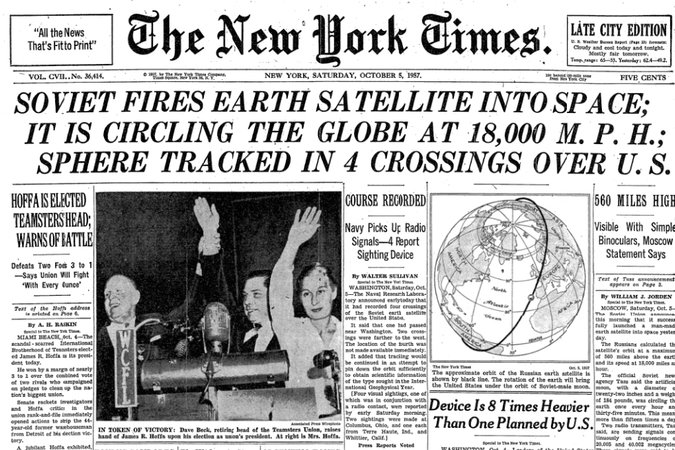From the NYT:
YouTube videos of police beatings on American streets. A widely circulated internet hoax about Muslim men in Michigan collecting welfare for multiple wives. A local news story about two veterans brutally mugged on a freezing winter night.
All of these were recorded, posted or written by Americans. Yet all ended up becoming grist for a network of Facebook pages linked to a shadowy Russian company that has carried out propaganda campaigns for the Kremlin, and which is now believed to be at the center of a far-reaching Russian program to influence the 2016 presidential election.
A New York Times examination of hundreds of those posts shows that one of the most powerful weapons that Russian agents used to reshape American politics was the anger, passion and misinformation that real Americans were broadcasting across social media platforms…
What’s coming across loud and clear from the emerging realisation of the extent of Russian meddling in the US election confirms my long-held view: that the only two regimes in the world that really understand the Internet are the Chinese and Russian governments. They have different understandings, of course. For the Chinese version, see the work of Rebecca MacKinnon and Gary King. The Russians have understood the dilemmas (and opportunities) of postmodernism, and act accordingly. They have also have integrated information-warfare into their strategic military doctrine.

